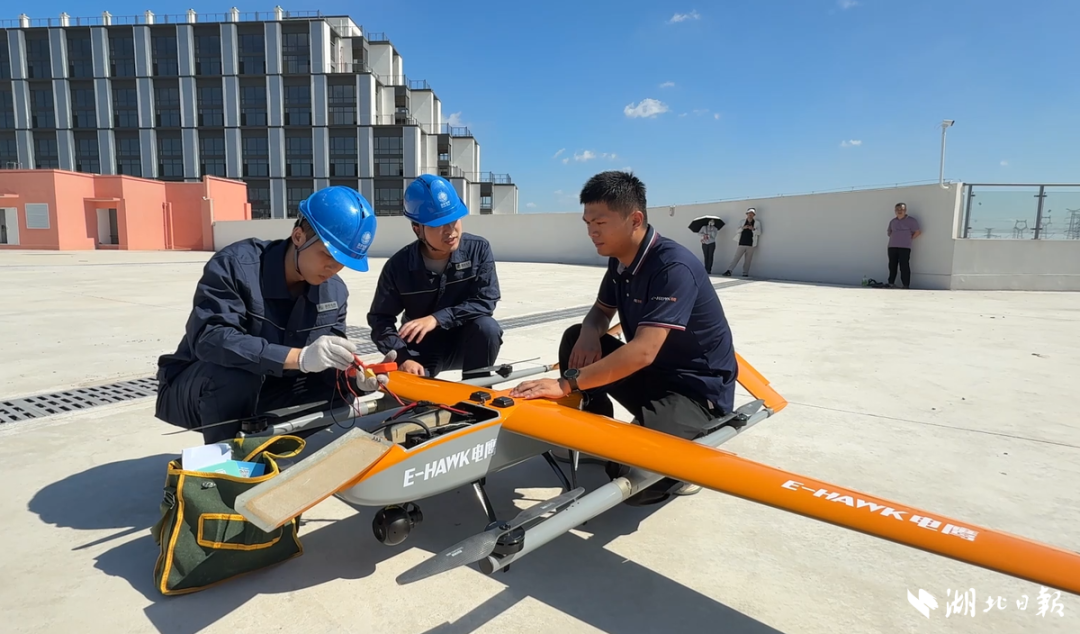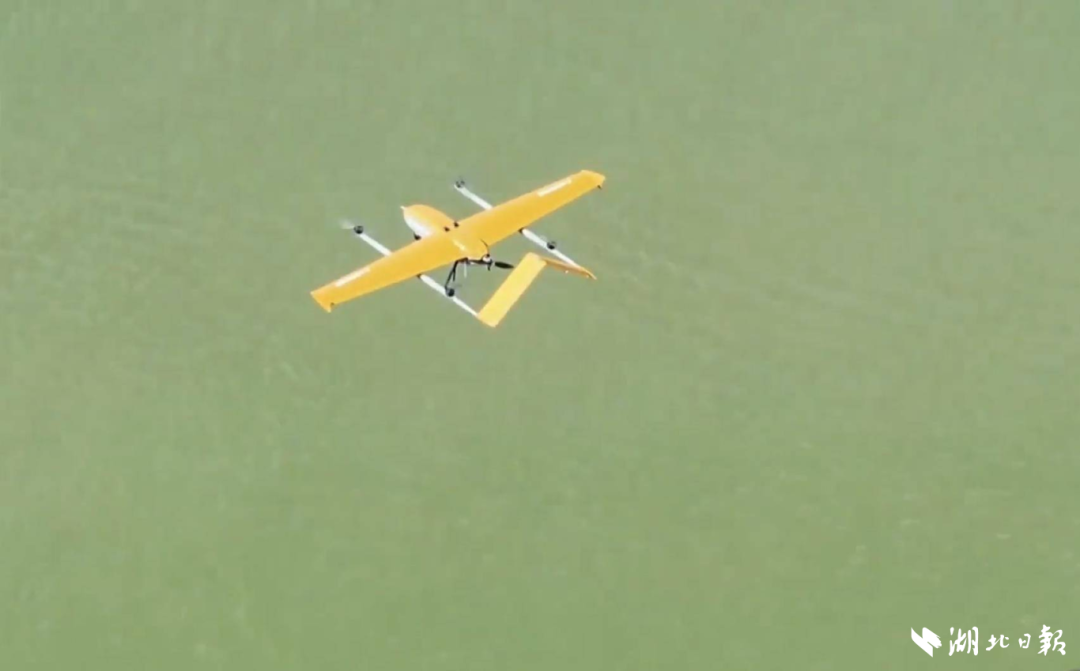Recently, the Nanchang Postal Administration, in conjunction with the city's transportation and traffic management departments, issued official license plates to 147 unmanned delivery vehicles from three companies, Jiushi, Xinshiqi, and Baixiniu. This marks the first time official license plates have been issued for unmanned delivery vehicles in Jiangxi Province, marking a new stage of institutionalized and standardized management for the unmanned delivery industry.
Recently, the Nanchang Postal Administration, in conjunction with the city's transportation and traffic management departments, issued official license plates to 147 unmanned delivery vehicles from three companies, Jiushi, Xinshiqi, and Baixiniu. This marks the first time official license plates have been issued for unmanned delivery vehicles in Jiangxi Province, marking a new stage of institutionalized and standardized management for the unmanned delivery industry.

According to the "Nanchang City Postal and Express Unmanned Vehicle Demonstration Application and Technical Specifications (Trial)", licensed vehicles must achieve Level 4 autonomous driving, be equipped with a multi-sensor fusion system, have a maximum speed of no more than 40 km/h, and carry mandatory traffic accident liability insurance of at least 3 million yuan.
This issuance of license plates is a significant achievement in Nanchang City's innovative regulatory model of "government-led + multi-departmental collaboration." The first batch of demonstration routes covers industrial parks, communities, and commercial complexes, effectively promoting the transition of unmanned delivery from pilot programs to large-scale application.

"The issuance of these special official license plates for autonomous vehicles is more than a formality; it represents formal government endorsement and establishes clear operational guidelines for unmanned delivery services. This first batch of autonomous delivery permits paves the way for large-scale deployment by logistics and e-commerce companies, addressing labor costs and efficiency in the rapidly growing last-mile delivery sector. The move is being closely watched by international players as a model for the commercialization of unmanned delivery vehicles within a regulated urban environment."

